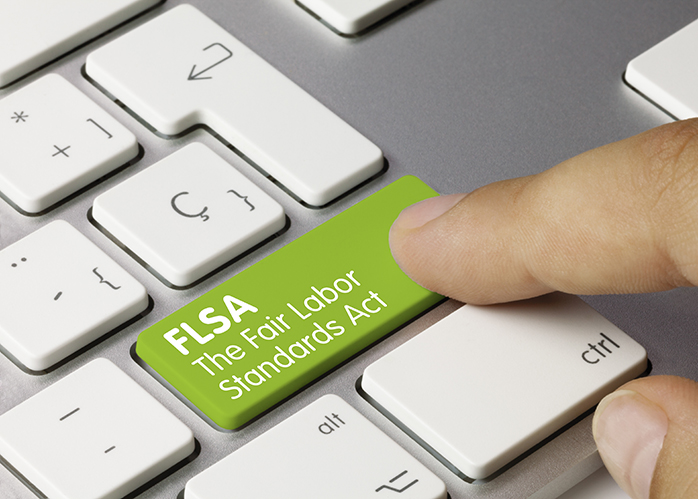
By Michael Burns, courtesy SBAM Approved Partner ASE
Last week, the U.S. Department of Labor published its new proposed rule raising the Fair Labor Standards Act (FLSA) “white collar” exemption to $35,308/year or $679/week from $23,660/yr. or $455/week. The salary level test is one of three criteria that must be met to legally exempt an employee from overtime and some recordkeeping requirements.
One may recall that the Obama Administration’s DOL published rules in 2016 that attempted to raise the salary level test to over $47,000. In 2016 the Courts found this increase to the exemption requirements exceeded the authority the Department of Labor had to regulate the FLSA and enjoined it – effectively sending the rule back for reconsideration.
The DOL has long expressed concern that at the current level of $23,660 set in 2004 too many workers were now qualifying as exempt from overtime pay eligibility. The DOL predicts that this new rule will increase the number of workers for overtime pay by over 1 million.
The new proposed salary level of $35,308 is a compromise intended to set a realistic level that is reasonable to meet when determining a position as Executive, Professional, or Administrative exempt. Employers should know that this is one of three tests a position must meet to be properly classified as exempt. The other two are:
1. They must be paid a salary.
2. They must meet the job duties test of those positions.
The proposed rules also move the highly compensated salary level to $147,414/yr. The previous Obama era rules attempted to move the highly compensated salary level up to only $134,000 and create an index for future increases. The new rules state updating of these tests would not be indexed a previously proposed but would continue to require a notice and comment rulemaking process to increase or change the exemption test(s). A more frequent review of the rules would be committed to. The last change as noted above was in 2004.
The new proposed rules also provide for the use of non-discretionary bonuses and incentive payments (including commissions) to satisfy up to 10% of the salary level test.
The proposed rules now go through a 60-day comment period before being issued as a Final Rule.